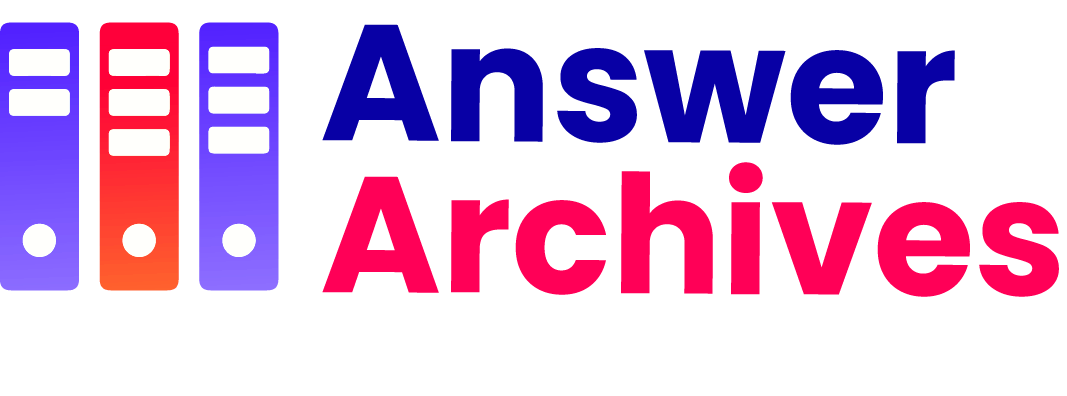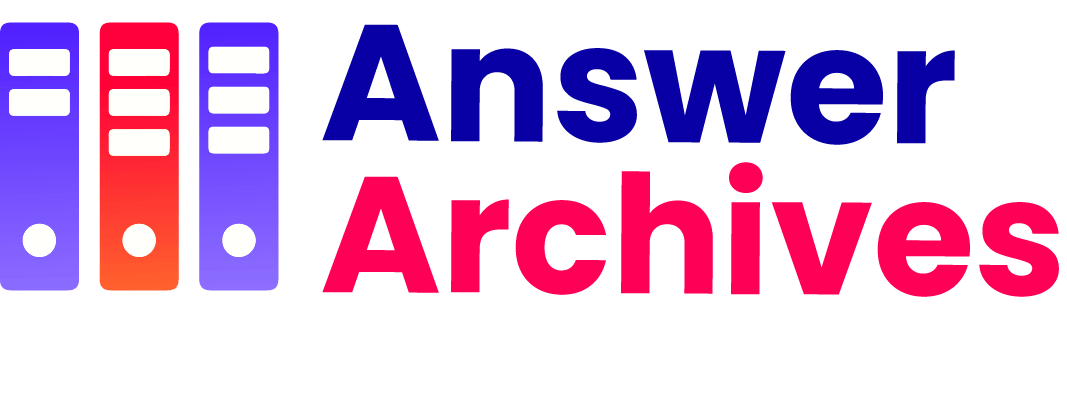Table of Contents
This article delves into the concept of software sovereignty, its significance, challenges, and future prospects in the rapidly evolving digital age.
Understanding Software Sovereignty
Software sovereignty is the ability of an organization or nation to control and govern its software, ensuring it serves its intended purpose without external manipulation. This concept is crucial as businesses and governments increasingly rely on digital systems for sensitive data management.
Importance of Software Sovereignty in the Modern World
Software sovereignty is crucial for organizations, governments, and businesses due to the increasing reliance on technology for everyday tasks and critical infrastructure. It ensures control over data, reduces dependence on foreign tech companies, and provides a competitive advantage and innovation, preventing espionage and cyber-attacks.
Challenges in Achieving Software Sovereignty
While the benefits of software sovereignty are clear, achieving it is fraught with challenges. One major hurdle is the shortage of skilled professionals who can develop, maintain, and audit software. Organizations might find it difficult to build an internal team with enough expertise in diverse programming languages and security protocols. Another challenge is the significant financial investment required to develop and maintain proprietary software solutions independently. This often deters smaller organizations from aiming for software sovereignty. Additionally, interoperability issues with existing systems and the need to keep up with continuous technological advancements pose constant challenges. Regulatory policies and compliance requirements can also complicate the path towards full software sovereignty.
The Role of Open-Source Software
Open-source software plays a crucial role in advancing software sovereignty. Open-source solutions provide transparent access to the source code, allowing organizations to inspect, modify, and enhance the software to suit their needs. This aligns perfectly with the goals of software sovereignty, as it reduces dependency on third-party vendors and creates a more secure environment. Additionally, open-source communities offer a collaborative platform where developers can share knowledge and contribute to software improvements. However, reliance solely on open-source solutions also has its pitfalls, including the need for internal resources to manage and audit the code, as well as potential legal and compliance issues.
Future Prospects of Software Sovereignty
The future of software sovereignty looks promising, bolstered by technological advancements and growing awareness. Governments are increasingly recognizing the need for policies that support domestic tech development and reduce reliance on foreign software. Machine learning and artificial intelligence can also mitigate some of the challenges by automating parts of software development and maintenance. Furthermore, advancements in blockchain and other decentralized technologies can offer new models for achieving software sovereignty. The trend towards hybrid models, combining proprietary and open-source elements, is likely to gain traction, offering a balanced approach to achieving autonomy while managing resources effectively. In summary, while the path to full software sovereignty is complex, the potential benefits make it a compelling objective for the future.


